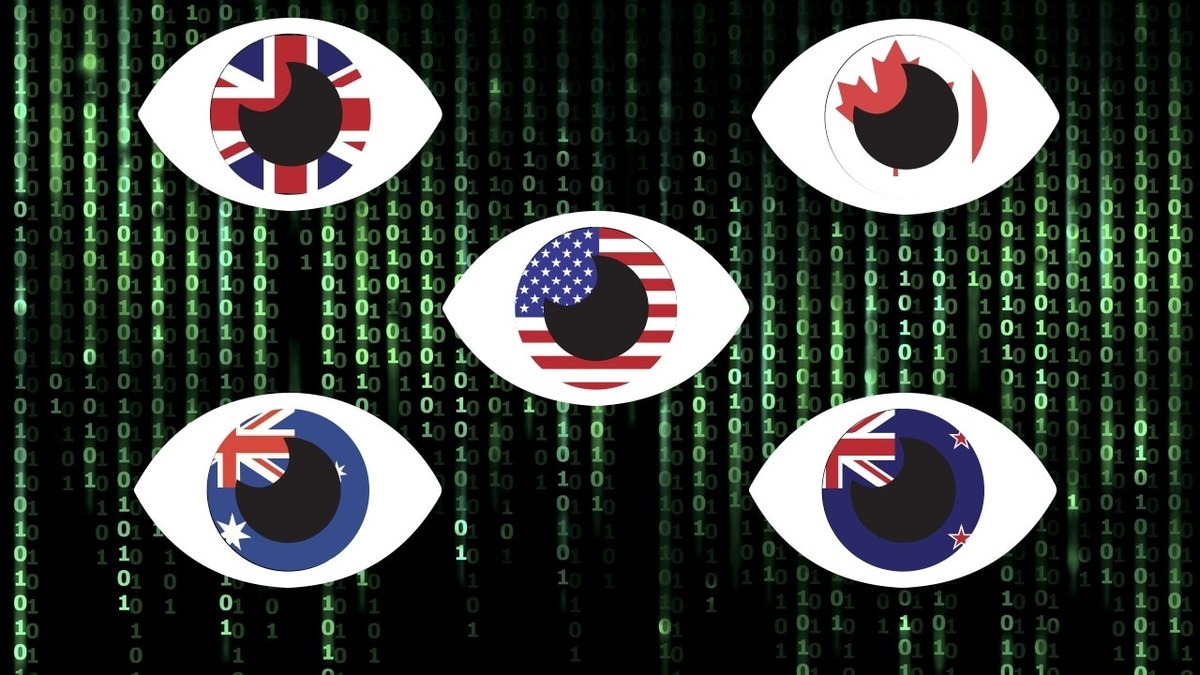‘There has been increased traction on the need to involve India in the alliance in view of China’s aggressive policies’.
New Delhi: On 11 October, seven countries including Australia, Canada, New Zealand, UK, US, Japan and India, issued a statement on the need for a backdoor entry in applications like WhatsApp, Signal and Telegram so that intelligence agencies and other law enforcement agencies can access the content in these messengers legally when it comes to issues of public safety like human trafficking, sexual exploitation of vulnerable groups and terrorism.
Barring Japan and India, the rest of the five countries are members of the “Five Eyes network”, a long-standing alliance where the intelligence agencies of these respective five countries share signal, military and human intelligence among themselves.
Though, as of now, India has not been included in this grouping, the 11 October joint statement was another example that shows, according to officials following the development, that India is being increasingly brought in to “contribute” more towards this alliance and eventually become a part of it.
Last year, a US Congressional Committee had directed the Under Secretary of Defense for Intelligence and the Director of National Intelligence, to provide a briefing “on the benefits, challenges, and risks of broadening the information-sharing mechanisms between India, Japan, the Republic of Korea and the ‘Five Eyes’ alliance”. It also appreciated the “the roles and contributions of third-party partners such as India, Japan, and the Republic of Korea” towards maintaining peace and stability in the Indo-Pacific region.
As per the charter of the Five Eyes Intelligence Council, one key activity is also to maintain contact with political offices and other similar organisations with non-Five Eyes countries too. The secretariat of the council is located at the office of the Inspector General of the Intelligence Community, Washington DC, United States.
At a virtual meeting held in June 2020, the five-member countries shared their concern on the security implications of Covid-19 and the challenges in the Indo-Pacific region, both of which issues are related to China.
According to officials familiar with the development, there has been an increased “traction” in the last few months regarding the need to involve India more actively into the working of this alliance in view of China’s aggressive policies against the countries who are a member of the Five Eyes.
“India, along with Japan and South Korea, are being looked upon as the natural team members of this alliance in view of the recent geo-political developments that owe their existence to China. We have a very robust, often understated, intelligence gathering capabilities when it comes to our neighbours. So, it is natural that any grouping, which is worried about China, will also want to consult India considering that we are next door neighbours and know and understand them better than many other countries,” a government official said.
In September 2018, India and the US had signed the landmark Communications Compatibility and Security Agreement (COMCASA), which has led to India having access to real-time American intelligence and vice-versa. This intelligence also includes critical intelligence on military deployments by China and Pakistan.
It is pertinent to mention that US Secretary of State Mike Pompeo and Defense Secretary Mark Esper are coming on an official visit to New Delhi next week.
Commenting on whether India, if asked to, would like to become more involved in the working of the Five Eyes network, an official said that it would be a “welcome” step when it happens.
According to officials, policymakers in the North and South Blocks were aware of the concern raised by former diplomats, among others, that India should avoid coupling with any such groupings and stay away from any such alliances. “We have to adapt to the changing circumstances; traditionally, we have avoided becoming a part of strategic alliances. However, that thinking is changing as Malabar 2020 has shown. The Five Eyes network, which is likely to expand soon, has a very significant presence and usefulness especially for a country like us which is facing asymmetric war at one border and the threat of a limited skirmish at the other. We need to take decisions which are based on present and future threats, not past principles,” he added.

